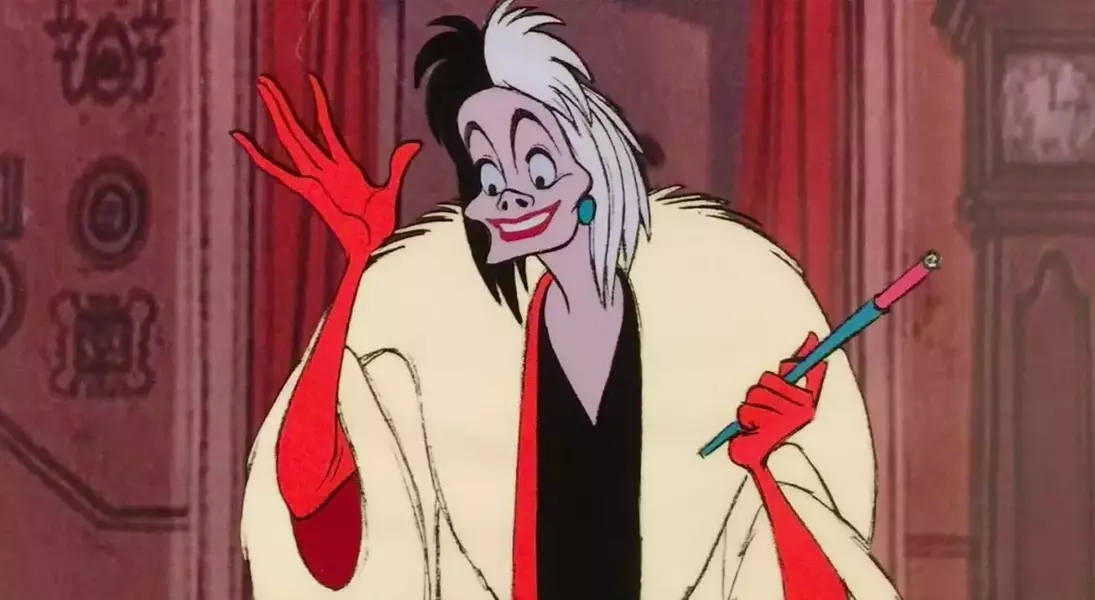
In an era where children's films predominantly portray wealth as a virtue, a critical perspective suggests that this trend has significantly shifted societal values. Historically, movies aimed at younger audiences often depicted wealthy characters as antagonists, reflecting deeper moral lessons about greed and power. However, today’s cinematic landscape rarely portrays rich individuals as villains, raising questions about the influence such narratives have on young minds and their perception of success.
Decades ago, children's films like "Newsies" highlighted themes of social justice and fairness, challenging the oppressive nature of capitalism through storytelling. In these narratives, protagonists fought against exploitative systems, embodying resilience and unity. Similarly, classic tales featuring characters such as Alfalfa from "The Little Rascals" showcased conflicts involving wealth disparity but maintained a balance by not vilifying all affluent figures indiscriminately. Yet modern adaptations tend to focus less on critiquing wealth and more on glorifying it, subtly shaping perceptions among viewers.
This transformation is evident when examining how contemporary media handles socioeconomic issues. Current portrayals often omit or marginalize middle-class and impoverished characters unless they serve specific dramatic purposes. Even exceptions, like Richie Rich, carry underlying messages promoting empathy rather than perpetuating stereotypes about wealth. The character's willingness to share resources with friends reflects positive traits absent in real-world counterparts, reinforcing the idea that kindness transcends material possessions.
Reintroducing narratives that challenge conventional views of wealth could foster healthier attitudes towards success among future generations. By encouraging stories that question the morality behind excessive affluence, filmmakers might inspire critical thinking in young audiences. Ultimately, reimagining children's cinema to include diverse perspectives could contribute to reshaping cultural norms surrounding wealth and privilege.
Restoring balance in children's entertainment requires acknowledging the impact these stories have on forming value systems. Through thoughtful storytelling, creators can help cultivate awareness regarding systemic inequalities while emphasizing universal human qualities over financial status symbols. Such efforts may pave the way for a generation equipped to navigate complex realities beyond superficial markers of achievement.
